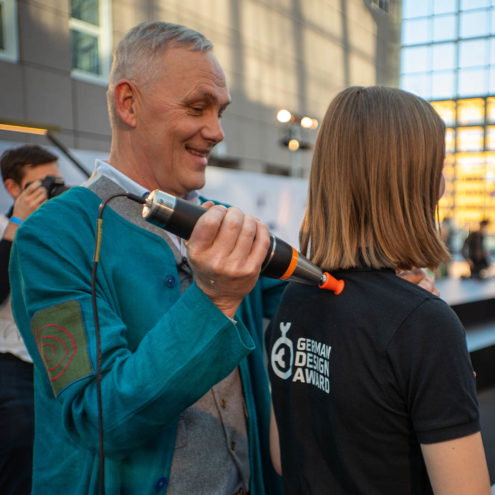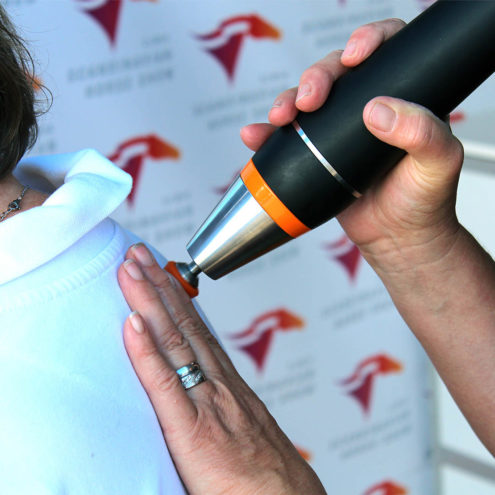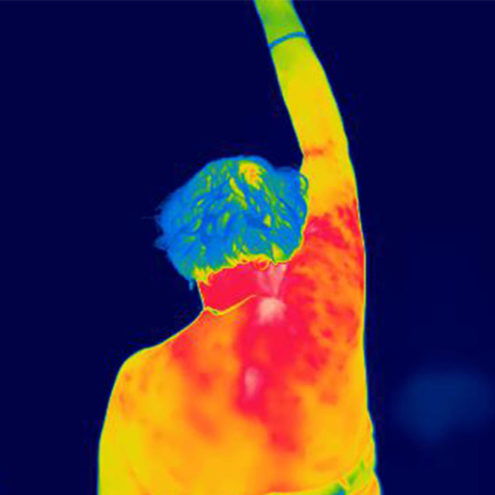Tips for higher dopamine and happier lives!

Dopamine is a neurotransmitter or neurotransmitter in the central nervous system. It is involved in several important systems that regulate attention, motor skills, happiness, motivation, alertness and enthusiasm, among others. Dopamine is also important for the proper functioning of our muscles, kidneys and heart.
What most people associate dopamine with is that it helps us with our reward system. When you do something that your body likes, dopamine is released into your system. It creates a feeling of well-being and pleasure, reward in short. However, dopamine does not make the experience more pleasurable, but rather the desire for pleasure and enjoyment. It creates a searching behavior for objects and experiences that provide the feeling of reward.
What are signs that you have low dopamine?
People can become deficient in dopamine for a number of reasons, but most often medical conditions and an unhealthy lifestyle come into play. Dopamine deficiency can cause several symptoms that differ depending on their cause. If you suffer from a disease, the symptoms and causes will be different from those of a person with a poor diet.
Common symptoms that occur in dopamine deficiency are:
muscle cramps, tremors or spasms
Lack of energy
Fatigue
Pain and aches in the body
Balance problems
Apathy
Hallucinations
Weight gain
Poor sleep
Concentration problems
Lack of motivation
Low sex drive
Depression
Mood swings
Read more about: Signs of low dopamine
How to get healthy dopamine in your life
Origin of dopamine
Dopamine has arguably been important for human survival. From an evolutionary point of view, our reward system is designed to provide a sense of well-being and pleasure when performing behaviors that are important for one’s survival; such as reproducing and obtaining food, but also winning battles and collecting good objects. If you are rewarded, it is logical that the motivation to perform the behavior again increases. Without the dopamine that gave us humans the will and motivation to survive and reproduce, there is a high risk that we would not have been able to survive as a species for thousands of years.
Fast Society and Dopamine
As dopamine is a “reward hormone”, it is rewarding behaviors that activate it. Behaviors that the brain and body consider rewarding are mainly linked to our survival such as reproducing, obtaining food, winning physical and psychological confrontations and collecting good tools. Aware of this, it is not difficult to see how many things in today’s society are addictive. Social media, computer games, sex and porn, and unhealthy foods abound. Everything is cleverly designed to get us “hooked” by playing on our inherited basic needs. The signals our brain receives are exactly the same as in the Stone Age when, for example, we gathered food for the winter. It feels like you are doing something important. If dopamine is constantly released, the dopamine receptors will eventually become dulled, which can create an addiction so that you no longer have any control over your consumption. It will take more to get the same feeling of reward.
Things you can do to boost dopamine levels
Get a good night’s sleep. Your body’s natural rhythm controls your dopamine levels. Sleep deprivation disrupts this rhythm and less dopamine is produced.
Eat enough protein. As dopamine is produced by the amino acids tyrosine and phenylalanine, it is important to get enough protein.
Meditate. Several studies have shown that meditation increases the body’s dopamine levels and reduces cortisol. Trying to meditate for a while every day can be a simple way for the body to increase dopamine levels.
Exercise. Exercise releases several hormones and substances that have many positive effects on both your mental and physical health.
Do something you enjoy. Engaging in a hobby or doing something you just enjoy releases dopamine.
 Search
Search


































